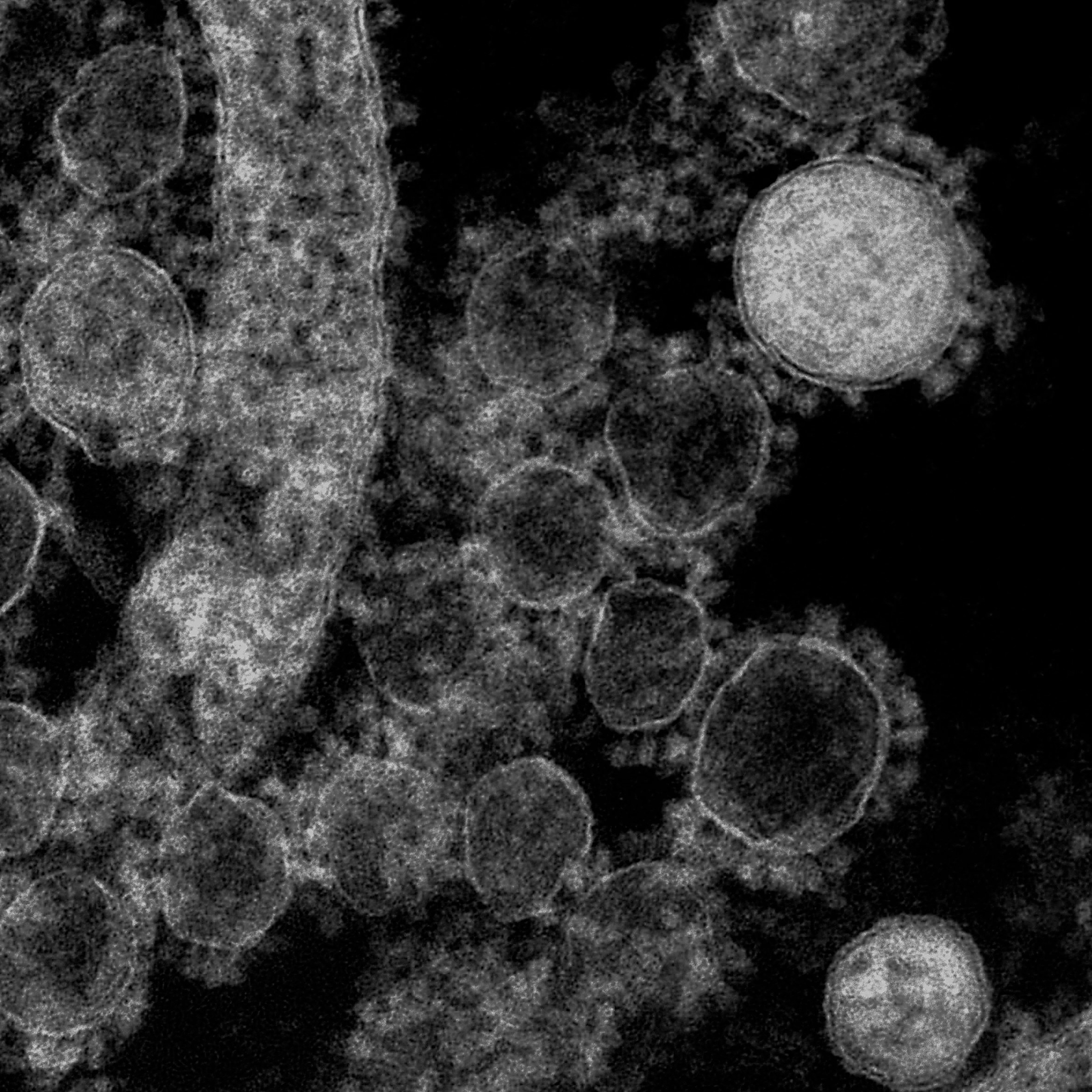“Every once in a while a book lands on your desk that changes the way you perceive the world you live in, a book that fundamentally challenges your understanding of human history.” So began the blurb that came with this book. Aha! I thought. The usual advertising hyperbole, a gross exaggeration.
Yet Pathogenesis did challenge much of my understanding of world history. Who knew that if it wasn’t for an Ebola-like pandemic in the 2nd century CE, Christianity would never have become a world religion? Or that if it weren’t for retroviruses, women would be laying eggs rather than having live births? (According to the book’s author, a retrovirus inserted DNA into our ancestor’s genome that caused the placenta to develop.)
‘It’s a bacterial world’
Kennedy starts by describing the three great branches of living organisms, bacteria, archaea, and eukaryotes – it is the latter that contains all complex life forms, including humans. However, fewer than 0.001% of all species are eukaryotes.
Bacteria, on the other hand, are the dominant life form on this planet. As Kennedy puts it, “it’s a bacterial world, and we’re just squatting here”.
Our own species, Homo sapiens, arose some 315,000 years ago, living for the most part in Africa. At the same time, human species such as Neanderthals and Denisovans spread out into Europe. However, about 50,000 years ago, Homo sapiens burst out of Africa and spread across the world, while all other human species simply vanished. There are many theories as to why and how this occurred – for example, perhaps Homo sapiens were just smarter.
However, Kennedy proposes his own theory. Because Homo sapiens lived primarily in Africa, they were exposed to many pathogens, and eventually acquired genetic changes that gave them some protection. The exodus out of Africa exposed other species to these pathogens, causing their demise.
He describes the Neolithic revolution, which took place about 12,000 years ago and which saw the change from hunter-gatherers to farmers. Because of their nomadic existence in small groups, hunter-gatherers tended to be relatively healthy, with an average lifespan of 72 – better than the average lifespan in some countries today!
It has always been assumed that this revolution was a good thing, bringing better nutrition and more leisure time. However, in Kennedy’s view, the Neolithic revolution led to the emergence of despotism, inequality, poverty and backbreaking work. He describes how settlement and the farming of domestic animals led to the emergence of zoonotic diseases – that is, diseases spread by animals.

























